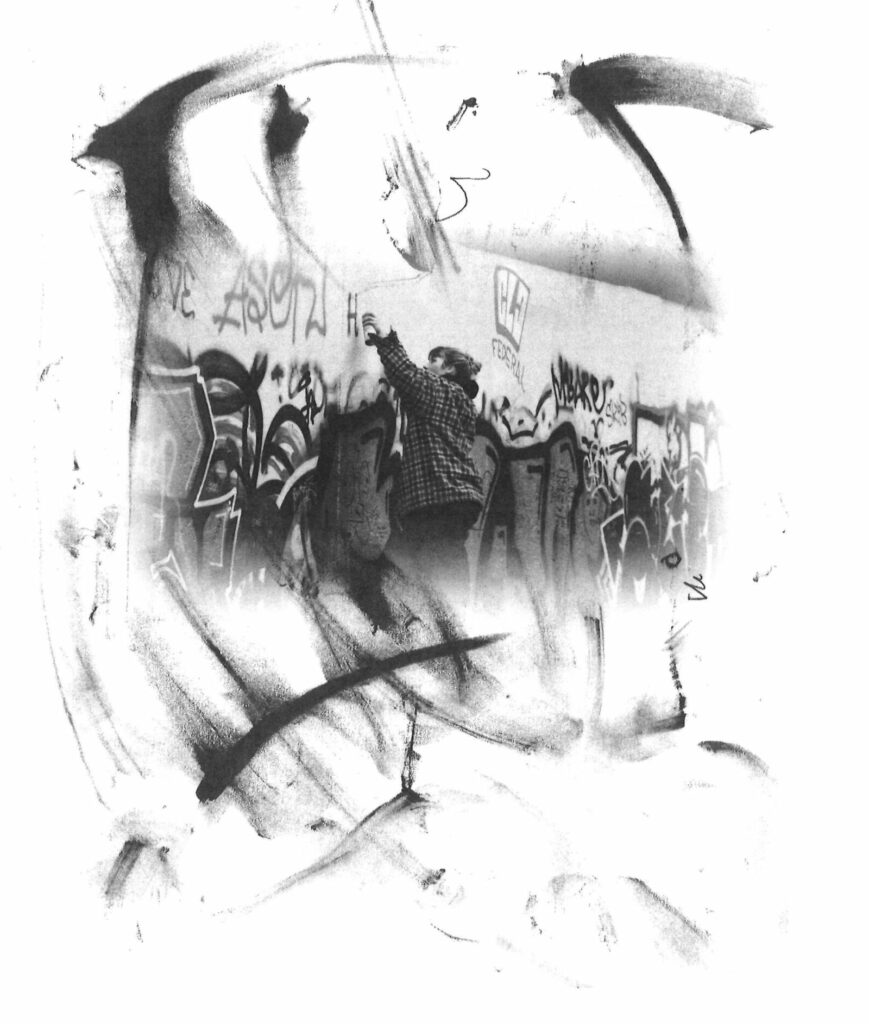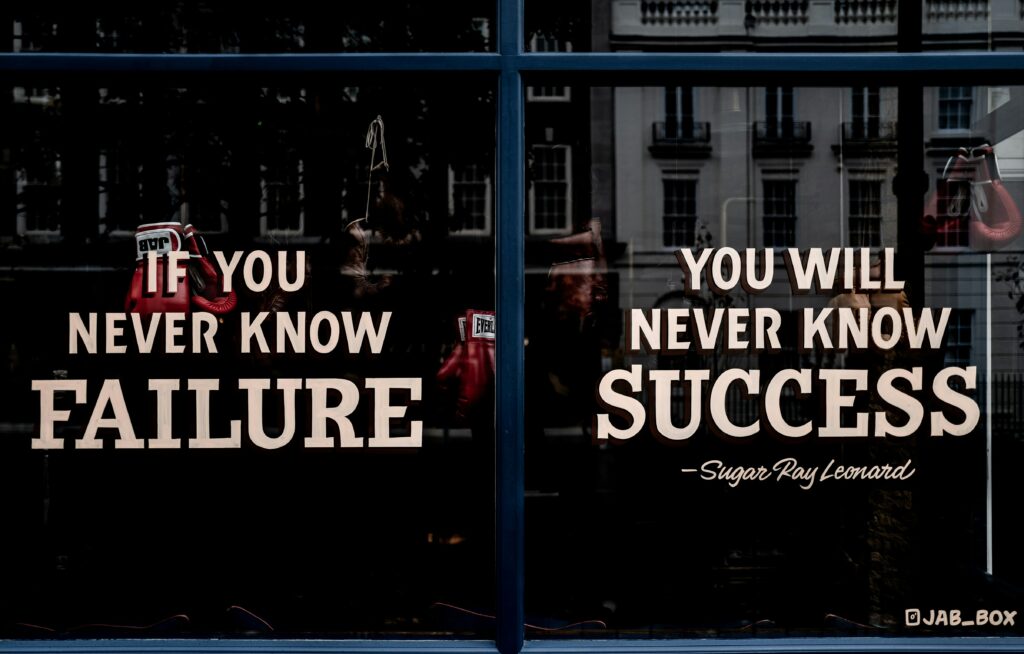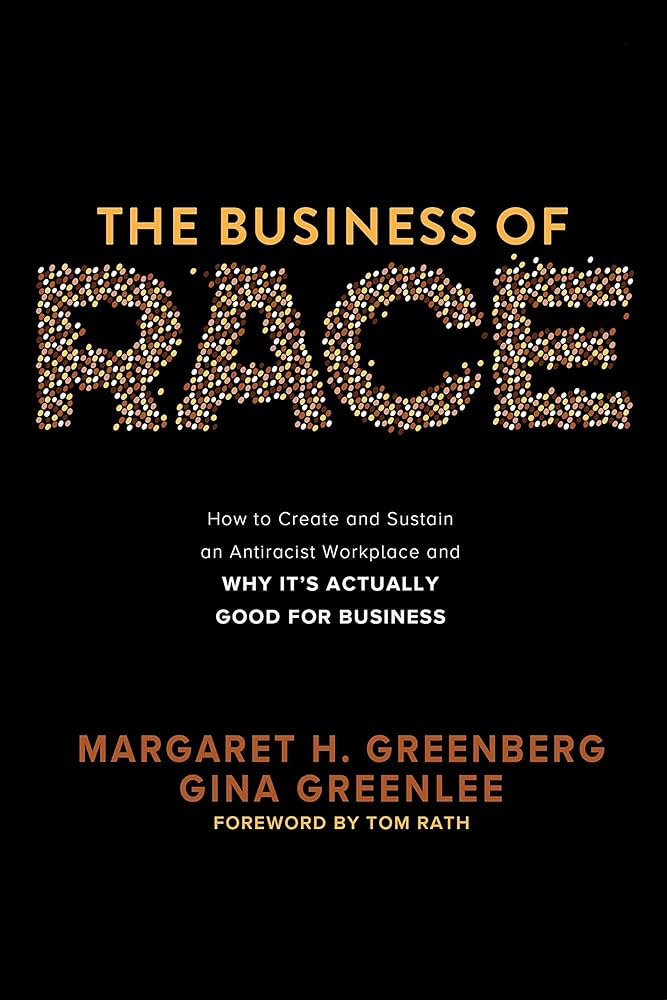Don’t Regret the Spill…

Use the Paint

Photo credit: Danilo Perrazzone, Unsplash
In the United States we are often obsessed with perfectionism. And catastrophize our failures. Luckily, failure does not result in the end of the world, and we can bounce back from setbacks if we can learn to accept failure with humility. This is especially important in advancing organizational racial equity because you will get some things wrong.
Kathy Taylor, the law professor and DEI consultant whom we interviewed for The Business of Race says that if we’re open to making mistakes, then we’ll be more prepared when it happens and better able to process the lessons learned.
Palpable Relief
Another business professional we interviewed for the book, Meghan Donahue, a learning and development manager at a global law firm wrote to us after reading an early draft of The Business of Race. She said she felt a sense of relief when she learned that making mistakes and failing well are part of this race work journey.
“I’ve been seeking a directive about what I need to do to get it ‘right’ when there is no [one] right way. Explicitly telling folks, ‘you will get this wrong and you need to try anyway’ is a message that is missing from the conversation right now. The expectations are so high and everyone is afraid to fail, be ‘canceled or decried ‘tone deaf.’
Is that Your Fear?
We both love movies. So, we have only one response to that fear and it’s from the 1987 film Moonstruck: “Snap out of it!” Without the accompanying slap, of course. Don’t like the word, “failure?” Try on this quote from internationally recognized life coach Tony Robbins:
There are no failures. Only outcomes. As long as I’m learning, I’m succeeding.

Another Reframe on Fear
Be willing to experiment. We are huge fans of experimenting, a/k/a trying stuff. At the heart of trying stuff is learning what works and what doesn’t. The nature of innovation is taking the first step, and the next and then letting those first two steps inform the next four.
“Recognizing an act as an experiment releases it from a lot of seriousness, a lot of demands of perfection,” writes Kathleen Kralowic. “The outcome of experimentation is knowledge, and failure is just as valuable as success, because one has expanded one’s awareness of one’s own abilities, one’s deeper ideas, the potential of a media, a process.”


Without the chapter notes and index, The Business of Race is 307 pages long. Do you really think we wrote what became the published version once, with no revisions? C’mon. You know better.
The reason the book reads well in published form is because it was a hot mess on the road to that end. And on that messy journey, scores of eyeballs read it and said, “um, no.” Many times.
But we started. And kept going, one step at a time, learning and tweaking, feeling uncomfortable and stumbling. And growing along the way.
Don’t regret the spill.


Use the paint.

